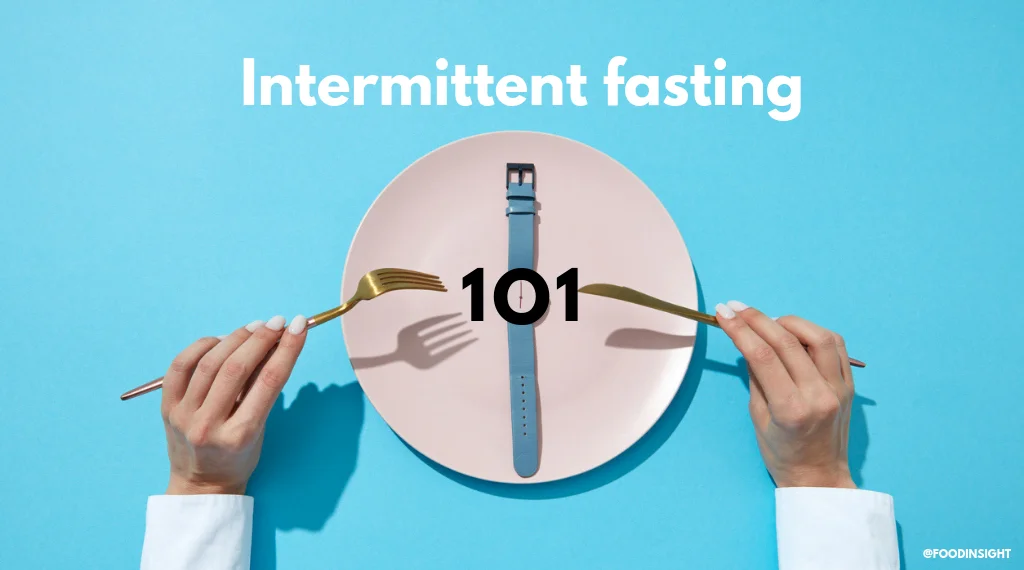Intermittent Fasting 101: What You Need to Know
Intermittent fasting is a dietary pattern that involves cycling between periods of fasting and eating. The concept behind this pattern of eating is that by restricting food intake for certain periods, the body can use stored fat for energy, leading to weight loss and other health benefits.
Intermittent fasting is a popular eating pattern that has gained attention for its potential health benefits. Here are 5 pros and 5 cons to consider when thinking about incorporating intermittent fasting into your lifestyle:
Pros:
- May aid in weight loss: Intermittent fasting can help reduce overall calorie intake, leading to weight loss in some individuals.
- May improve insulin sensitivity: Intermittent fasting has been shown to improve insulin sensitivity, which can reduce the risk of type 2 diabetes.
- May reduce inflammation: Intermittent fasting may help reduce inflammation in the body, which has been linked to several chronic diseases.
- May improve brain function: Some studies have shown that intermittent fasting can improve cognitive function and protect against neurodegenerative diseases.
- May increase longevity: Animal studies have shown that intermittent fasting can increase lifespan and delay age-related diseases.
Cons:
- May lead to nutrient deficiencies: Restricting food intake for long periods of time can make it difficult to consume enough nutrients, leading to deficiencies.
- May lead to disordered eating: Intermittent fasting can potentially trigger disordered eating behaviors in some individuals, leading to an unhealthy relationship with food.
- May cause fatigue and irritability: The fasting periods can be challenging and may cause fatigue, irritability, and difficulty concentrating.
- May not be suitable for everyone: Individuals with certain medical conditions, such as diabetes or low blood pressure, may not be suitable for intermittent fasting.
- May require discipline and planning: Intermittent fasting requires discipline and planning to ensure adequate nutrient intake during eating periods and avoid overeating during fasting periods.
It’s important to weigh the pros and cons of intermittent fasting before starting, and to consult with a healthcare professional to determine if it’s suitable for you.

Pingback: Exploring the Different Types of Intermittent Fasting: Which One Is Right for You? - Today Health Tip